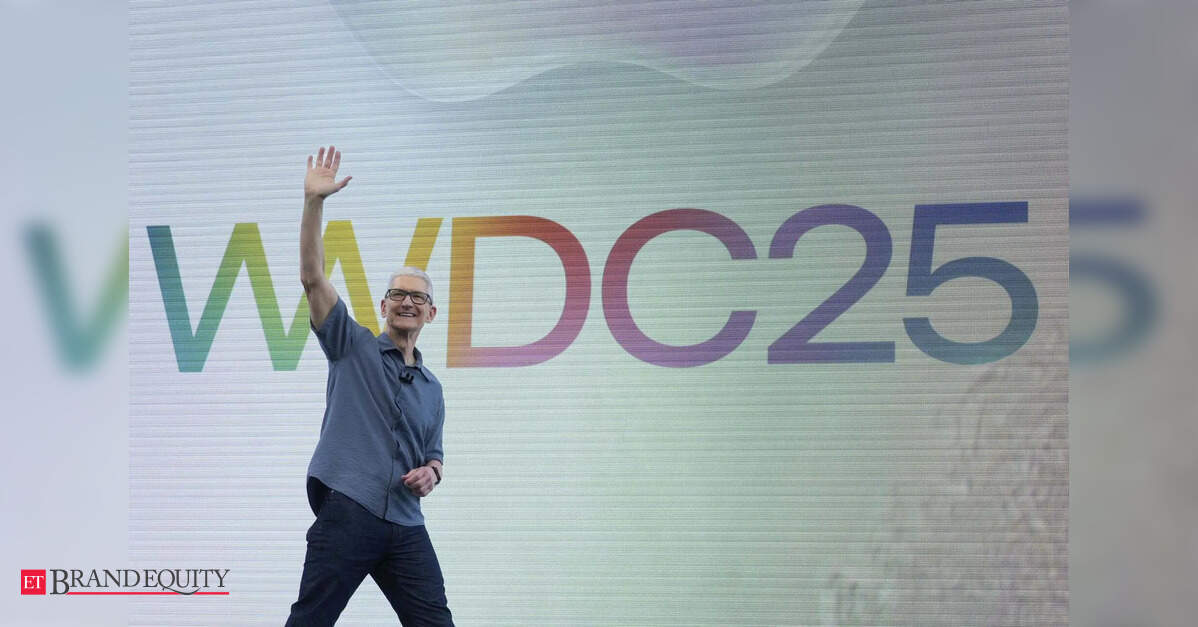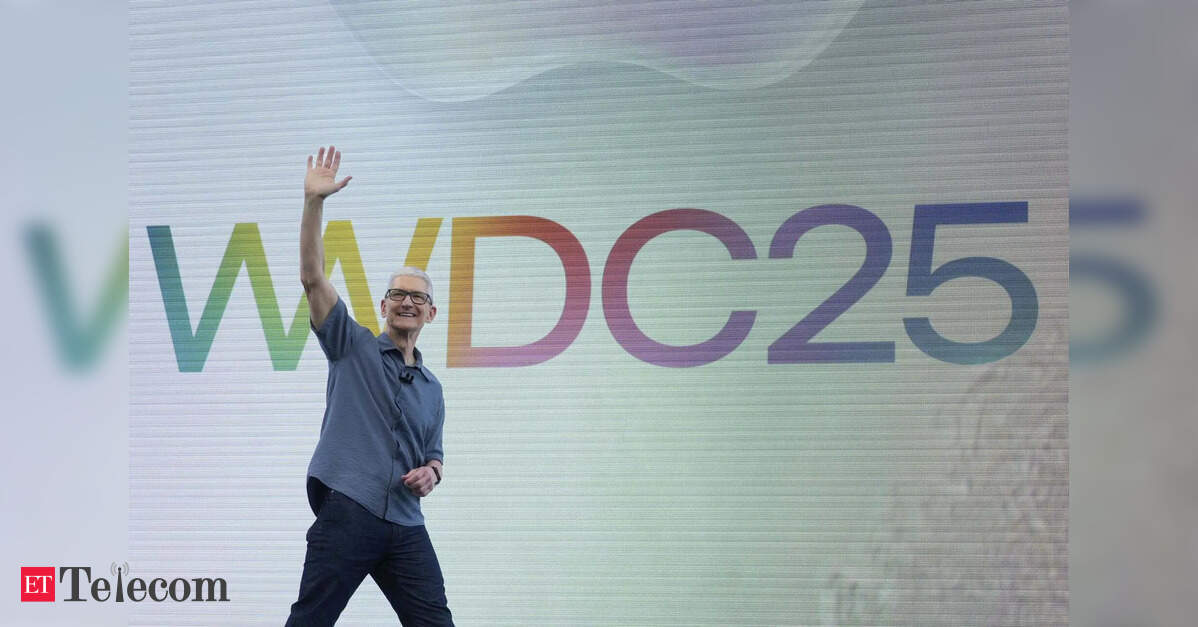Mark Zuckerberg Reportedly Building 'Superintelligence' AI Team at Meta

Meta CEO Mark Zuckerberg is reportedly spearheading a new, high-stakes initiative to develop "superintelligence," a form of artificial intelligence capable of surpassing human cognitive abilities. This move, driven by Zuckerberg's purported frustration with Meta's current progress in the competitive AI landscape, involves the personal assembly of a dedicated team aimed at achieving breakthroughs that could rival industry leaders like OpenAI.
According to reports, Zuckerberg is deeply involved in this endeavor, personally meeting with AI experts and overseeing the recruitment of approximately 50 specialists for this new "superintelligence group." The team is expected to be strategically located near his office at Meta's headquarters in Menlo Park, California, a decision reflecting his desire to micromanage the effort and accelerate progress. This hands-on approach underscores the urgency and priority Meta is placing on advancing its AI capabilities.
Zuckerberg's frustration reportedly stems from perceived shortfalls in Meta's AI development, particularly concerning its flagship large language model, Llama. The company's latest iteration, Llama 4, has faced setbacks, and there were reports of Meta pushing back the launch of a more advanced version, codenamed "Behemoth," due to concerns about its improvements over previous versions. These challenges have seemingly spurred Zuckerberg to take more direct control over Meta's AI ambitions.
The ultimate goal of this new initiative is the creation of superintelligence or Artificial General Intelligence (AGI) – AI systems that possess human-level cognitive functions, including the ability to learn and adapt independently. This is an exceptionally ambitious target, as AI researchers remain divided on the feasibility and timeline for achieving AGI, with some believing it is years away while others are more skeptical about current paths to its realization.
To fuel this ambitious project, Meta plans to leverage its substantial advertising revenue. Furthermore, the initiative may involve significant partnerships and investments. Alexandr Wang, the founder and CEO of AI startup Scale AI, is reportedly involved, with Meta considering a multi-billion dollar investment in his company. It remains unclear how this new superintelligence team will integrate with Meta's existing AI research and development units.
This intensified push into advanced AI is part of Zuckerberg's broader strategy to reposition Meta as an AI powerhouse. The company has already integrated AI tools into its core products like Facebook, WhatsApp, and Ray-Ban smart glasses, and has promoted its Llama model as an open-source alternative, hoping it becomes a foundational technology akin to Android for AI. To support these efforts, Meta announced plans to significantly boost its capital expenditures in AI, earmarking between $64 billion and $72 billion for this purpose in the current year.
The AI race is fiercely competitive, with Meta contending against established players like Microsoft-backed OpenAI and Alphabet (Google), as well as heavily funded upstarts such as Elon Musk's xAI and Anthropic. Apple has also recently unveiled its own AI developments. Many tech leaders, including Zuckerberg, view AI as a potentially existential technology that could reshape their businesses, from search engines and app ecosystems to the very nature of digital interaction. Meta's strategic moves, including this focused push for superintelligence, reflect the high stakes involved in this rapidly evolving field.












